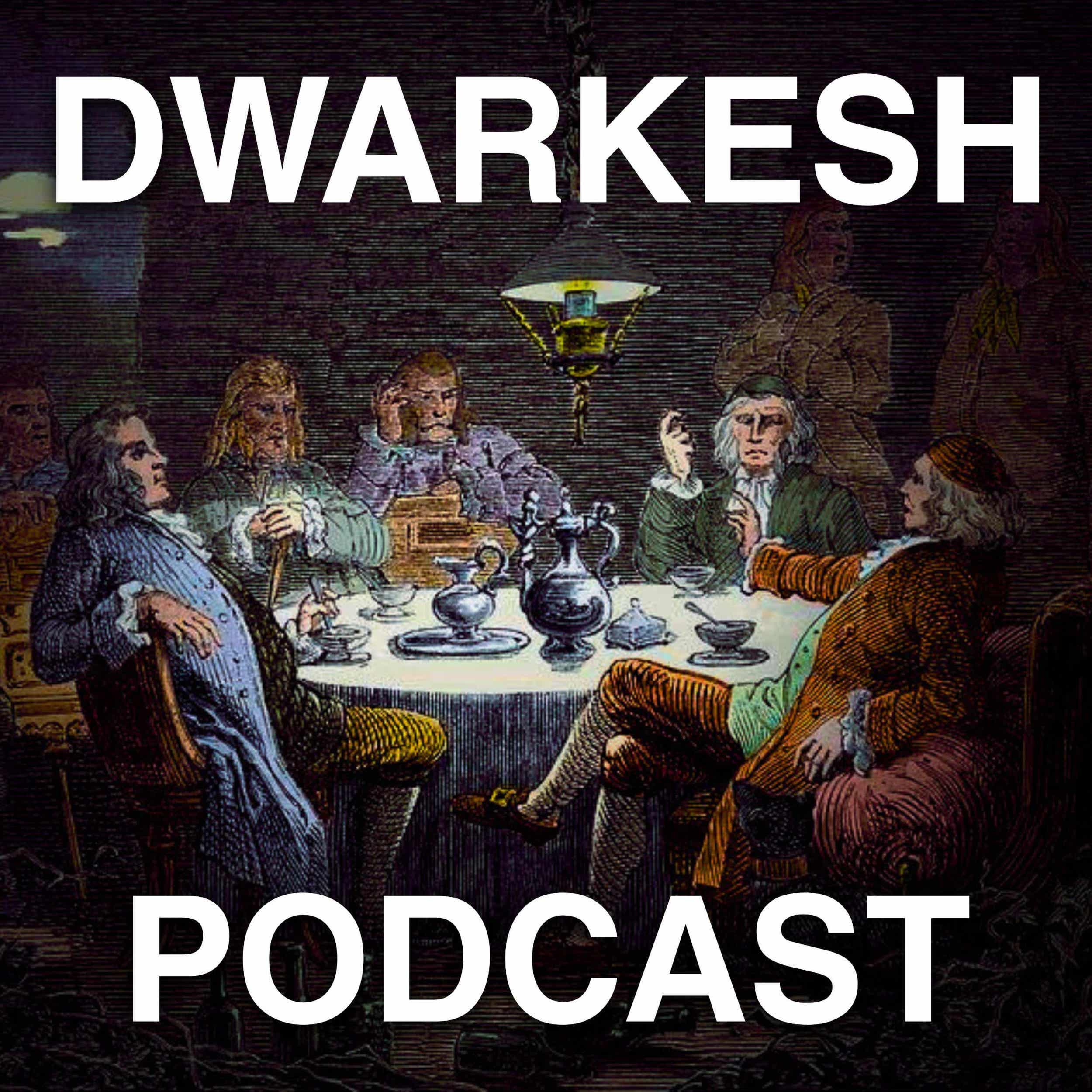PortalsOS
Related Posts
Vote to see vote counts
The hard problem of consciousness, as framed by David Chalmers, challenges us to understand what a feeling is in physical terms. This profound question remains unanswered despite our understanding of neural networks and information processing.
Nick Lane discusses the evolutionary rationale for having two sexes, explaining that it allows for the differentiation of roles: one sex passes on mitochondria while the other does not. This division minimizes errors and maintains genetic integrity, despite seeming inefficient compared to having more sexes.

The human heart contains sensory neurites that think and feel independently from the brain, suggesting a complex neural network.
Nick Lane posits that the electromagnetic fields generated by membrane potential might indicate our physical metabolic state in relation to the environment. This could redefine how we understand consciousness and the role of mitochondria, potentially opening new research directions.

Evolutionary psychology and neuroscience are converging fields, as understanding the evolved functions and selective forces can provide insights into the underlying mechanisms driving behavior.

The deepest feelings we have are actually the most reliable things that we know about.
Nick Lane suggests that the fun in science is crucial, emphasizing that if the work becomes drudgery, it's better to pursue something else. The joy of discovery and experimentation is what drives scientific inquiry.

Nick Lane discusses the challenge of explaining complex biological concepts to a lay audience, noting that while physicists often write about big questions, there are fewer accessible books on the complexities of life and its origins.
Nick Lane explains that protocells in hydrothermal vents could self-organize and grow by deterministic chemistry, leading to early forms of heredity. This sets the stage for more complex life forms.
The discovery of neurons in the heart that think and feel independently from the brain suggests a deeper connection between heart and mind.